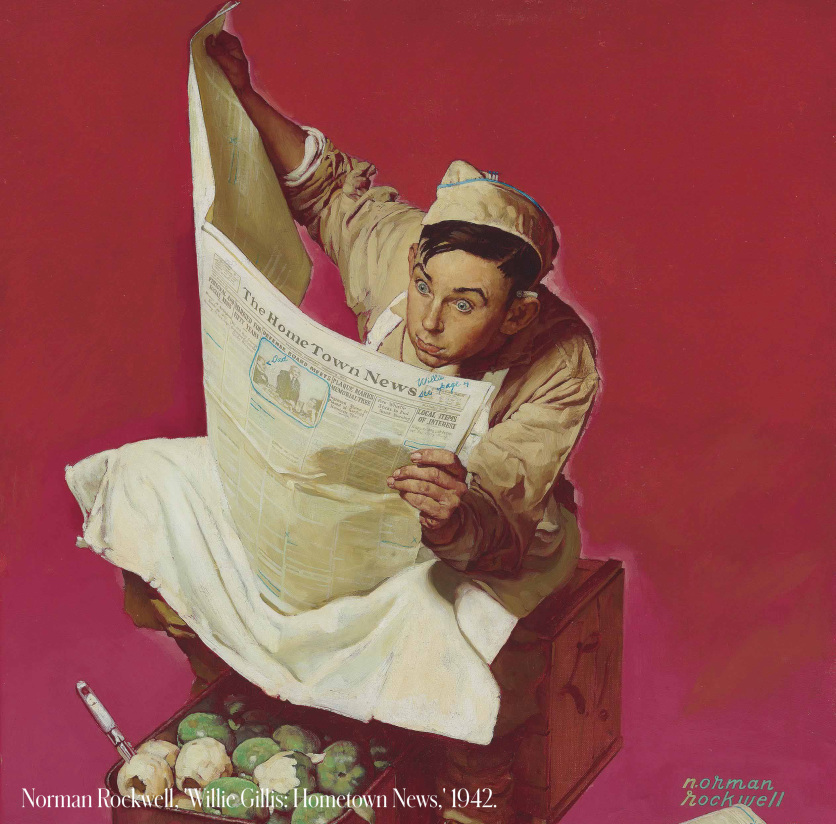
Press Press’s business card greets with an insistent, all-terrain warning: BEFORE WE ARE AN INDEPENDENT PUBLISHER, WE ARE A MENACE TO SOCIETY. Even with the most beautiful of Press Press’s printed works, the ideological urgency is one that would readily sacrifice objecthood for a larger provocation. Their bibliography—a collection of radically useful and beautifully engaged publications—asks to be read as the first breaths of a conversation. It’s a necessary series of beginnings.
Collectively run and with an emphasis on autonomous and often anonymous collaborative authorship, Press Press asserts that publishing is at its best as a group project, though perhaps at a school without rules, bells, teachers, and printing limitations. The collective is currently composed of members Vale Cabezas, Lo, Kimi Hanauer, and Bilphena Yahwon. “We were all aligned that community members must not be passive bystanders to publishing, but active participants,” says Yahwon. Writing through ideas of liberation and access and possibility, there is no time for a fight between the beautiful and the utilitarian. Meditating on the art world at large, Hanauer calls for a pragmatic lyric, asking a question that remains central to all of Press Press’s projects: “How does poetry come to life through the concrete impact this work has on the world?”
Press Press grew out of what Hanauer calls “an anti-assimilationist approach”; work at the Baltimore City Community College Refugee Youth Project (RYP) led to a publishing methodology that lets the writers themselves determine necessary modes and methods. “Folks shared stories from their lives in the ways they wanted and needed to, rather than assimilating to normative English structures,” says Hanauer.
Lo and Hanauer met at RYP. “It makes sense that we all gravitated towards working with students who are experiencing and navigating the culture shock of relocating to this country,” says Lo. “I believe we wanted to create an affirming space for the students who are expected to learn English for academic excellence rather than expression.” Cabezas joined the collective through a publication project shortly after the Baltimore Uprising and Yahwon joined after working with the press on Sentiments, a collectively authored 2018 project that thinks through immigration, cultural passage, movement, and sanctuary. The latter has remained a critical topic with the group programming workshops and discussions around their manifesto and publishing portions in banner form.
The collective cites the 2015 uprising that occurred after the police murder of Freddie Gray as a crucial moment of radicalization and education in abolitionist values, community organizing, and independent reporting. “The Baltimore Uprising made it clear for me that independent publishers and media have a role in spreading abolitionist propaganda,” says Yahwon. Released between the pandemic’s early isolation and the uprising for George Floyd that overtook summer 2020, Press Press’s Toolkit for Cooperative, Collective, & Collaborative Cultural Work—co-produced with Institute for Expanded Research—is a pedagogical tool for cultural organizations that refuse traditional, exploitative hierarchies and move outside of the potential violence of institutions and non-profits.
The toolkit works through issues that plague organizers in all fields: leadership, finances, conflict, and the troubles of care and collaboration in a world that educates only in their dismantling. As in all its publications, the project holds community discussion as both framework and necessary mode. The collective will release Commune Diverge Shift Connect: Press Press’s Organizational Handbook (co-published with Institute for Expanded Research), a book that includes the toolkit in addition to other meditations on collective cultural work, this fall.

Taking whatever form is most pressing—be it a manifesto, poetic broadside, online toolkit, or in person gathering—Press Press publishes to model ways of moving through and navigating a society that doesn’t readily hold space for creativity or collaboration. “We cannot be practitioners of a new world if we have never practiced how to figure it out in a collective space,” says Yahwon. Members are deeply engaged in projects outside of the press, too, though the aims all employ its methodology and ethos. The recently-launched nomadic education project Center for Liberatory Practice and Poetry and multimedia time capsule of daily life and diaspora Archive Liberia illustrate the power that comes from a vulnerable and community-engaged approach to education and dialogue.
It’s clear that Press Press is a springboard for its readership, co-conspirators, and core instigators alike. The group’s dynamic is one that holds friendship and pleasure as formidable surrogates to publishing. “We are a collective because we are always choosing to grow together,” says Lo. This growth is the kind of thing that unfurls with a knowing electricity—an invitation to join in the collaboration, learn in the wild uncertainty, and create art that eagerly tears at what keeps us from one another.

This weekend, Press Press is taking part in Printed Matter's LA Book Fair by leading a series of workshops, partnering with XTRA and ICA Los Angeles:
Saturday, August 12th, 2pm - 4pm at MOCA Geffen: Publishing as an Organizing Tool: Tactics for Becoming Ungovernable w/ Kimi Hanauer, presented by X-TRA and Active Cultures as part of TOTAL LANDSCAPING, an interdisciplinary reading group.
Sunday, August 13th, 9-10:30am at ICA LA: Scaffolding Autonomies: Scores for Daily Rehearsal w/ Kimi Hanauer, presented by ICA LA and Printed Matter.






